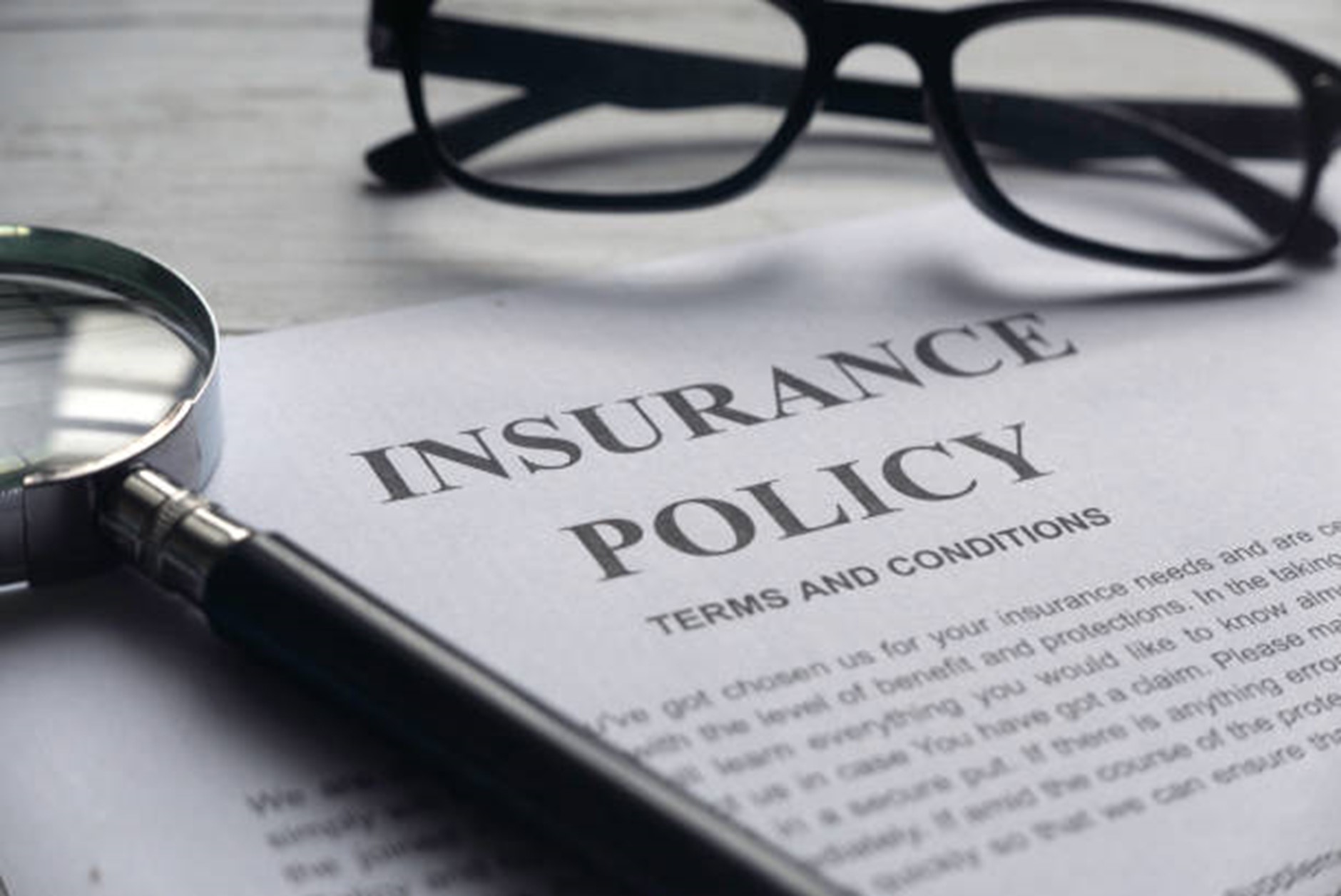
Finding a place to move your business can be a daunting process. The process may involve reviewing the draft lease documents, that contain many pages of clauses. However, one of the most important obligations is the requirement for lessees to take out insurances related to the lease. Not only do the insurances greatly protect the lessee while using the premises but they provide a massive financial protection in case of an unfortunate event arising. It is important that lessees are aware of what insurances they require, what the insurances cover and when the insurances need to begin.
What insurances are required under a lease?
Each retail and commercial lease will contain a clause specifically dealing with insurances. It is a crucial provision to be included in the lease agreement because both the lessor and lessee have an interest in the property while it is being used. The lessor will want to ensure as the owner that there will be an avenue to financially protect the value of the property. While the lessee has insurances in place it will remove the obligation on the lessor to pay the full expenses of any damages caused to the premises.
There is no set minimum insurance that is required under a lease. The lessor will outline in the lease what insurances they require the lessee to take out over the property. As there is no one size fits all for insurance, it is important to understand what do types of insurances are needed such as public liability insurance, plate glass insurance, etc.
Common types of insurance
Insurances that are typically required under a lease include:
- Public Liability Insurance
Public Liability Insurance is arguably the most important insurance over a premises. This is solely because it covers damage that occurs regularly on leased premises as well as deals with high damage costs. Public Liability insurance covers injuries that occur to a person on the premises and property damage. It will protect the lessee from having to pay the full compensation amount for property damage and personal injuries that occur on the premises. Because public liability covers high risk accidents, leases may specify the amount the policy must be insured for. This is typically between $10 million to $20 million.
- Plate Glass Insurance
While this may seem like a very specific insurance to take out, almost all leases will require the lessee to obtain plate glass insurance. This is because retail and commercial premises always have some type of fixed glass on the premises, such as windows. Premises may also contain glass fixtures such as mirrors. Plate glass insurance will cover the replacement value for damage that has occurred to glass fixtures on the premises.
- Workers Compensation Insurance
While workers compensation insurance is required under employment law on behalf of employees, leases may affirm the requirement to take out workers compensation insurance also. This may be to remove any possibility that the lessor is required to compensate the lessee’s employees for harm sustained. Workers compensation insurance will cover a lessee’s employees who are harmed while on the premises.
- Business Interruption
Sometimes leased premises can be damaged so severely that the lessee cannot access and use the premises for a temporary amount of time. Recent events such as the COVID-19 pandemic and the Queensland Floods have seen an emergence in business interruption insurances being taken out. Business Interruption insurance will greatly assist financially maintaining the lessee if they are no longer able to use the premises. It can provide the lessee with cashflow to pay for operating expenses or relocation of premises during tough times.
- Future Insurances
Some leases contain provisions providing the lessor with discretionary power to enforce the lessee to take out further insurances once the lease is signed and the lease period begins. The use of this power commonly occurs if the lessee undertakes work on the premises during the lease term. In this situation, the lessor may require the lessee to take out insurance for the works being undertaken.
How will the lessor know when insurance is taken out?
The insurance clause in your lease will generally require the lessee to provide the lessor with a Certificate of Currency. A Certificate of Currency is written evidence from the insurer of whether there is current insurance policies over the premises and what type of insurance the lessee has taken out. Details that will be included on the Certificate of Currency includes:
- the name of who the insurance is taken out on behalf of;
- the address of the property the insurance relates to;
- the type of insurance taken out (e.g. Plate glass insurance);
- the date the insurance period expires; and
- the monetary value of the liability under the insurance.
Before taking out any insurances, a lessee should review the lease terms to note whether it is a requirement that the lessor is listed as an interested party on the insurance. Being listed as an interested party may be required by the lessor as it would allow the lessor to make a claim under the insurance policy, even though the lessor does not pay the insurance premium. If the lessor is listed as an interested party on the insurance policy, then they should also be listed by the insurer on the certificate of currency.
Key takeaways
The insurance provision in the lease is one of the most important provisions that provides an ongoing obligation to the lessee. Lessor’s should carefully consider the types of insurances they wish to have in place over the leased premises. Lessee’s should review the insurance clause in the lease to carefully understand:
- what types of insurance they need to take out under the lease;
- any specifications on the insurances (such as the amount to be insured for public liability insurance); and
- whether the lessor is to be listed as an interested party to the insurances.
Having insurance over the premises provides a massive financial benefit in case accidents occur. They may also greatly assist a lessee to financially support themselves in the worst-case scenario that they lose the ability to use the leased premises.
If you have any questions or require assistance with drafting, renewing or drafting your lease in Queensland, please contact the property team at NB Lawyers for more information.
About the Author

Kayleigh Swift, Director
NB Property Law
[email protected]
(07) 3876 5111
Kayleigh Swift is a Director of our Property team who showcases her expertise in Commercial and Residential property matters.. With a high level of experience in commercial and retail leasing, voluntary and involuntary purchase and sale acquisitions and property development matters, Kayleigh provides practical advice to ensure smooth property transactions.
=

